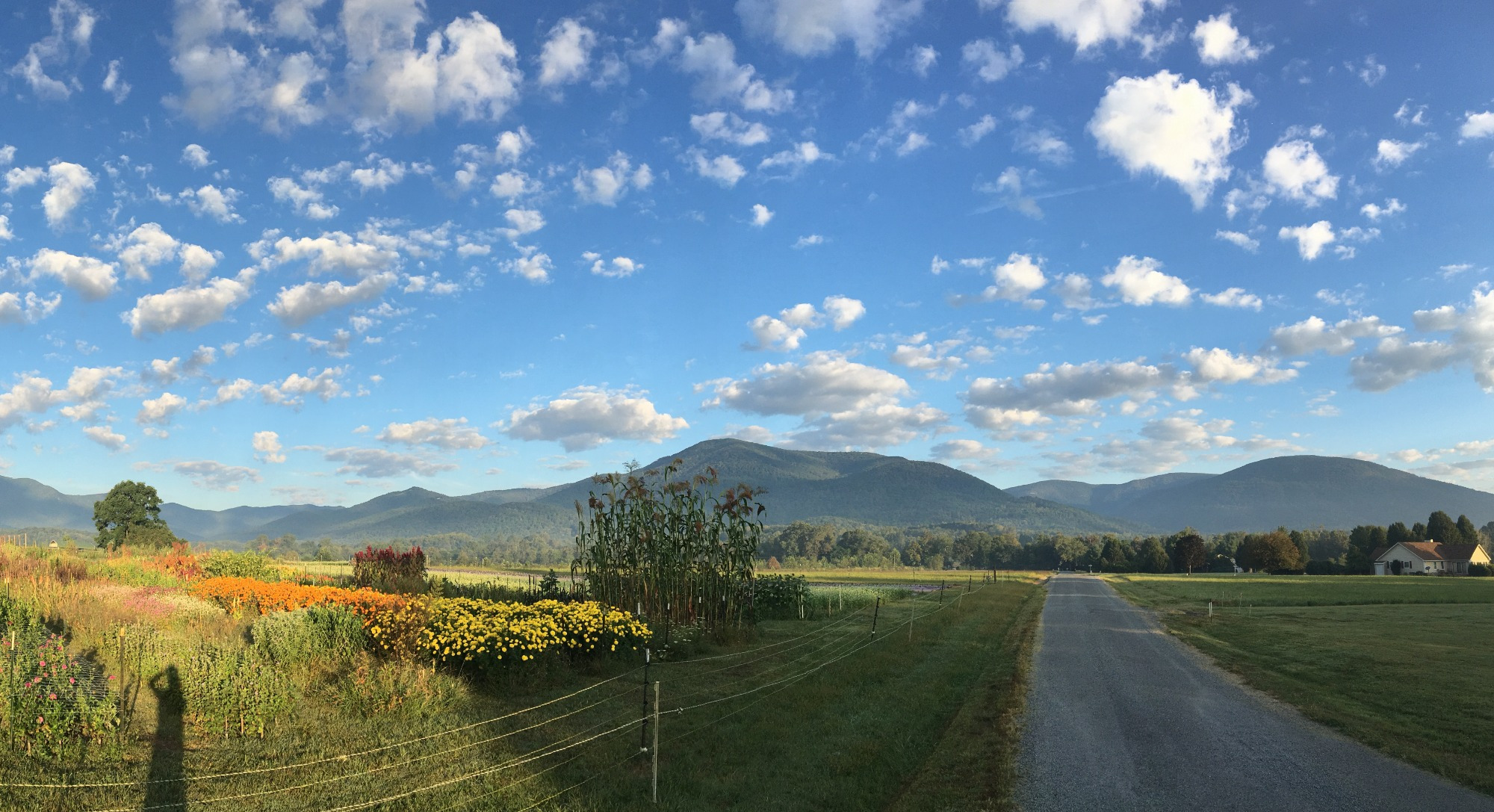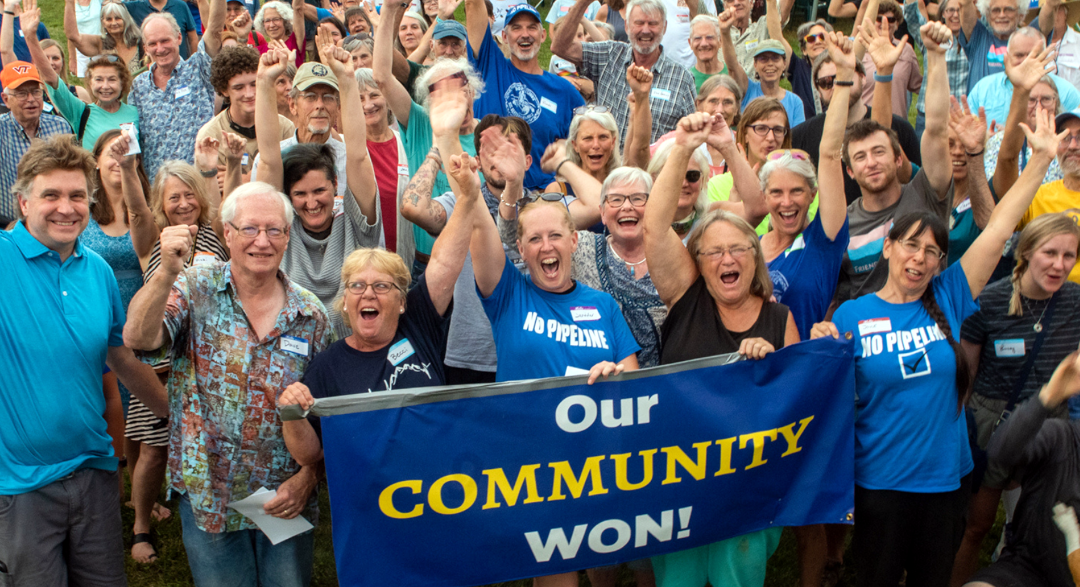
Current News
Outdoor Explorations – Are You Kidding?!!
“Sirtalis” is the Latin word for a garter. It is more-or-less pronounced “SEER-tah-liss.” Back in1843, an Austrian zoologist came up with this wacko name for a snake that is commonthroughout North America. The full scientific name is Thamnophis (pronounced THAM-no-fiss)sirtalis. Basically, it means a bush snake that wears a garter – or looks like a garter. Take yourpick.The scientific name stuck. So there you have the reason why the official state snake of Virginiais known by a word for a...
Our Mission
Friends of Nelson’s mission is to protect property rights, property values, rural heritage, and the environment for all the citizens of Nelson County, Virginia.
Donate
Interested in supporting our projects? Donate to Friends of Nelson
Join Us
Fill out our email contact form to join us for events and meetings.
Newsletter
Sign up for our emails containing news, information, and important alerts.
Contact Us
friendsofnelson@gmail.com
434-260-3298
Find Us
P.O. Box 33
Nellysford, VA 22958


